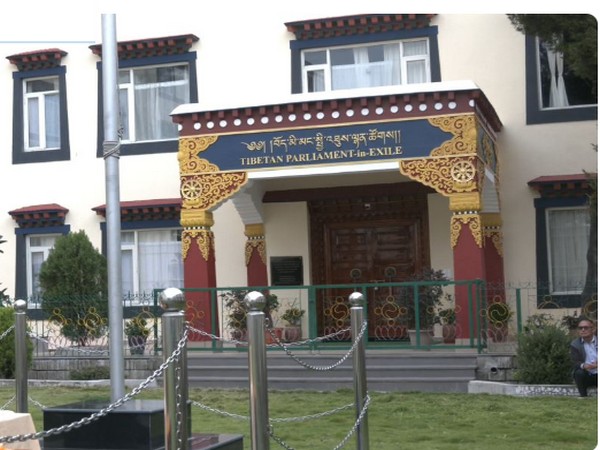China Tightens Grip: Military Presence and New Regulations at Larung Gar
China has deployed 400 military personnel to Larung Gar Buddhist Academy in eastern Tibet, a move seen as heightening control over the Tibetan Buddhist institution. New regulations will further restrict the number of residents and their length of stay, as part of broader efforts to limit religious freedoms in the region.

- Country:
- India
In a significant escalation of control over Tibetan religious sites, China has stationed approximately 400 military personnel at the Larung Gar Buddhist Academy in Serthar County, eastern Tibet, according to the Central Tibetan Administration (CTA). The deployment, witnessed on December 20, 2024, includes helicopter surveillance, marking an amplified security strategy.
Larung Gar, established in 1980, has been a key center for Buddhist monks and nuns dedicated to spiritual education. Despite its religious significance, the academy has faced intensifying restrictions from Chinese authorities who view it as a stronghold of Tibetan identity. Past crackdowns, notably in 2016-2017, led to the demolition of monastic residences and forced evictions, drastically reducing its population from 10,000.
According to CTA reports, China's new regulations at Larung Gar aim to limit residency to 15 years and mandate registration for all monks and nuns. The number of residents is expected to decline further, with Chinese students being asked to depart, reflecting a concerted effort to minimize the academy's influence.
These actions underscore China's ongoing campaign to assert dominance over Tibetan Buddhism and curtail religious freedoms in Tibet, part of a broader strategy to erode Tibetan cultural autonomy. The implementation of heightened surveillance and restrictive policies at Larung Gar symbolizes a continued diminishment of religious autonomy in the region.
The enhanced military presence and restrictive new policies at Larung Gar highlight China's persistent efforts to control Tibetan Buddhism and suppress religious freedoms, aligning with a broader state strategy to absorb Tibetan cultural and religious independence under tighter government control.
(With inputs from agencies.)










